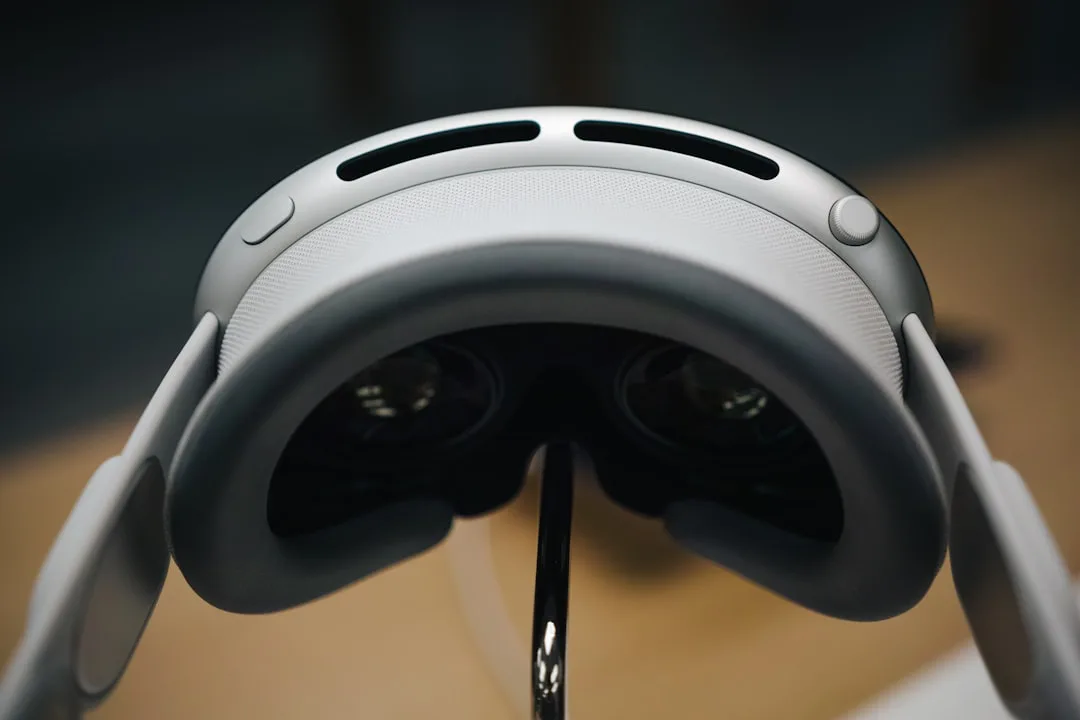
Newsletter Subscribe
Enter your email address below and subscribe to our newsletter

Enter your email address below and subscribe to our newsletter

AI-powered gadgets are transforming how we interact with technology, making everyday tasks more efficient and personalized. This revolution is spearheaded by leading tech companies and startups, reshaping industries and consumer expectations.
The surge in AI-powered gadgets is largely driven by industry giants like Google, Apple, and Amazon, alongside a host of innovative startups. These companies are integrating advanced machine learning algorithms into devices, enhancing user experience and functionality. For instance, Google’s AI capabilities are embedded in devices like the Pixel phone, offering features such as real-time language translation and predictive text. Meanwhile, Apple’s Siri and Amazon’s Alexa continue to evolve, providing smarter home automation and personalized assistance.
The integration of AI into gadgets is not just a technological upgrade; it represents a paradigm shift in how devices are designed and how they interact with users. AI’s ability to learn and adapt means devices can now anticipate user needs, manage tasks autonomously, and provide insights that were previously unattainable. This shift is impacting several industries:
The implications of these advancements extend beyond mere convenience. They suggest a future where AI not only assists but also augments human capabilities in unprecedented ways.
The rise of AI-powered gadgets is both exciting and a harbinger of new challenges. While these devices promise increased efficiency and personalization, they also raise questions about privacy, data security, and the long-term societal impacts of AI. As the technology continues to evolve, it will be crucial for developers, policymakers, and consumers to navigate these challenges thoughtfully. The future of AI in everyday tech use looks promising, with the potential to significantly enhance quality of life, but it will require careful consideration and responsible innovation.
The trend towards AI-powered gadgets is a testament to the relentless pace of technological innovation. It’s akin to the rise of smartphones a decade ago, which redefined communication and information access. Just as smartphones became indispensable, AI gadgets are poised to become integral to daily life. However, unlike the smartphone revolution, the AI era brings with it ethical considerations that must be addressed. The balance between innovation and responsibility will define this transition period.
Stay ahead of the curve by experimenting with AI-powered gadgets currently available on the market. For developers and tech enthusiasts, exploring these devices’ APIs and SDKs offers a chance to innovate and contribute to this growing field. For a deeper understanding, consider participating in beta testing programs offered by companies like Google and Apple. Additionally, keep an eye on our upcoming posts for updates on AI advancements and practical guides on integrating AI into your projects.